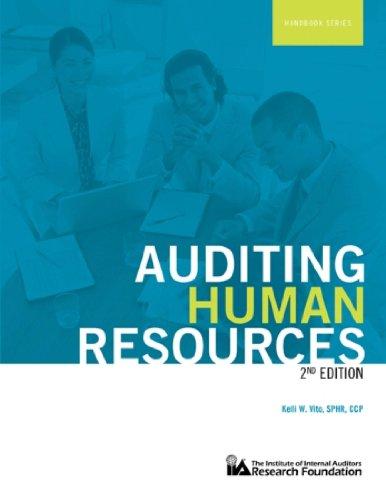
Question 1: On January 2, 2019, Company Pacquired 80 percent of Company S's outstanding common stock. In exchange for S's stock, P issued bonds payable with a par value of $600,000 and fair value of $640,000 directly to the selling stockholders of Shutter. At that date, the fair value of the non- controlling interest was $160,000. The two companies continued to operate as separate entities subsequent to the combination. Immediately prior to the combination, the book values and fair values of the companies' assets and liabilities were as follows: P Company s Company Book Value Fair Value Book Value Fair Value Cash 13,000 13,000 10,000 10,000 Receivables 45,000 42,000 37,000 36,000 Allowance for Bad Debts (2,000) (1,000) Inventory 94,000 97,000 81,000 86,000 Land 60,000 220,000 60,000 84,000 Buildings & Equipment 1,056,000 715,000 800,000 600,000 Accumulated Depreciation (452,000) (260,000) Patent 48,000 Total Assets 814,000 1,087,000 727,000 864,000 Current Payables 41,000 41,000 34,000 34,000 Bonds Payable 220,000 231,000 120,000 120,000 Common Stock 330,000 240,000 Additional Paid-In Capital 110,000 156,000 Retained Earnings 113,000 177,000 Total Liabilities & Equity 814,000 727,000 At the date of combination, Company Sowed Company P $8,000 plus accrued interest of $700 on a short-term note. Both companies have properly recorded these amounts. Required: a) b) Record the business combination on the books of Company P. (20 points). Prepare Book Value calculation table and Excess Value (Differential) calculation table in order to prepare a consolidated balance sheet immediately following the business combination on January 2, 2019. (35 points). Prepare basic and excess value (differential) reclassification entries, optional consolidation entry, and elimination entry in order to prepare a consolidated balance sheet immediately following the business combination on January 2, 2019. (20 points). c) Question 1: On January 2, 2019, Company Pacquired 80 percent of Company S's outstanding common stock. In exchange for S's stock, P issued bonds payable with a par value of $600,000 and fair value of $640,000 directly to the selling stockholders of Shutter. At that date, the fair value of the non- controlling interest was $160,000. The two companies continued to operate as separate entities subsequent to the combination. Immediately prior to the combination, the book values and fair values of the companies' assets and liabilities were as follows: P Company s Company Book Value Fair Value Book Value Fair Value Cash 13,000 13,000 10,000 10,000 Receivables 45,000 42,000 37,000 36,000 Allowance for Bad Debts (2,000) (1,000) Inventory 94,000 97,000 81,000 86,000 Land 60,000 220,000 60,000 84,000 Buildings & Equipment 1,056,000 715,000 800,000 600,000 Accumulated Depreciation (452,000) (260,000) Patent 48,000 Total Assets 814,000 1,087,000 727,000 864,000 Current Payables 41,000 41,000 34,000 34,000 Bonds Payable 220,000 231,000 120,000 120,000 Common Stock 330,000 240,000 Additional Paid-In Capital 110,000 156,000 Retained Earnings 113,000 177,000 Total Liabilities & Equity 814,000 727,000 At the date of combination, Company Sowed Company P $8,000 plus accrued interest of $700 on a short-term note. Both companies have properly recorded these amounts. Required: a) b) Record the business combination on the books of Company P. (20 points). Prepare Book Value calculation table and Excess Value (Differential) calculation table in order to prepare a consolidated balance sheet immediately following the business combination on January 2, 2019. (35 points). Prepare basic and excess value (differential) reclassification entries, optional consolidation entry, and elimination entry in order to prepare a consolidated balance sheet immediately following the business combination on January 2, 2019. (20 points). c)







